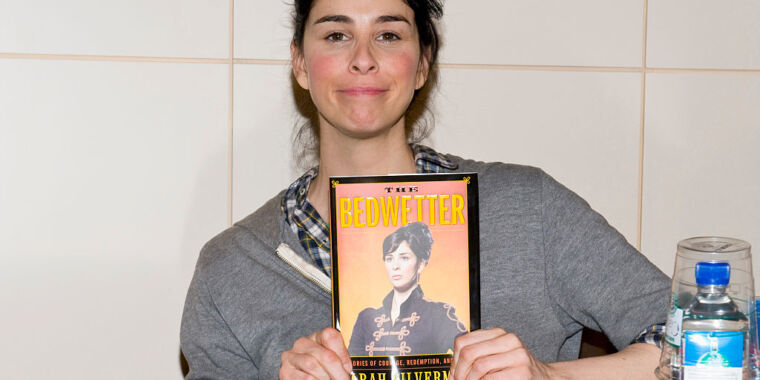There's a very big word which is mentioned right at the start of this but nowhere else in the whole article : pirated.
Now I think it's obviously pretty stupid to claim that the training process itself violates copyright; if you want to claim that, you also have to claim that anyone who's ever read a book and then written their own has made a "derivative work", or has made a "copy" because they happened to remember some parts of it which they then used and modified in their own writings. This is absurd. I would make an important exception, however, for using it to create extremely similar products but with minor differences to the original. Admittedly that's a grey area, but all the rest, in my opinion, is nonsense. It's no different from the regular form of inspiration.
The pirating bit though.... aaargh. I'll wager there's barely anyone alive who at some point hasn't torrented a movie or whatnot, but most people doing that aren't deliberately courting inspiration. They just want a couple of hours of entertainment. And I have a big problem with the way this is legally handled (though the rise of streaming services has gone a long way to obviate the need for "piracy", at least nowadays a relatively affordable version of movies/music/etc. can usually be found legally somewhere). But, if OpenAI didn't even bother to pay the artists for their products in the usual way, if they just illegally downloaded them, then forget the whole "copyright infringement" bollocks, and use the regular laws concerning internet piracy.

There are no comments yet.